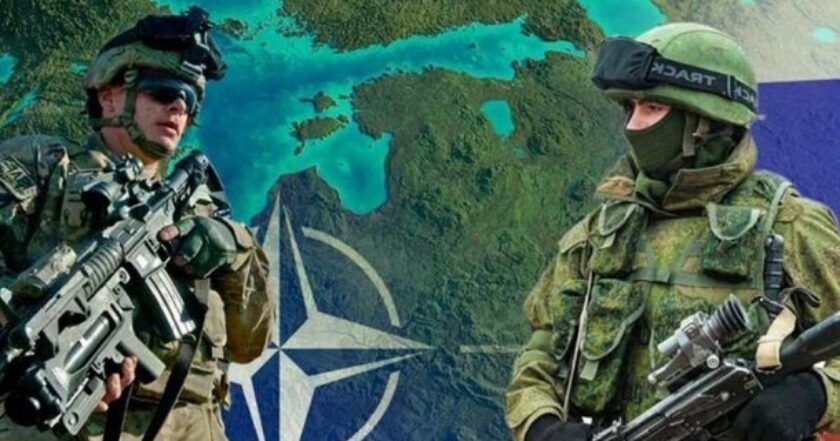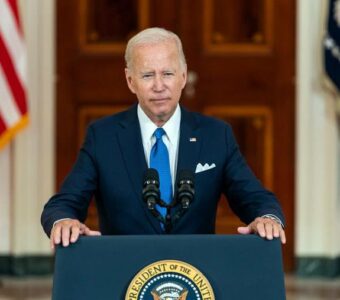russia moved 80% of troops from NATO borders to Ukraine – media

After the start of russia's full-scale invasion of Ukraine in February, the russian federation moved about 80% of its troops near the borders of NATO countries to the war in Ukraine.
Foreign Policy reports that according to three high-ranking European defense officials in this region, of the 30,000 russian troops stationed near the borders with Finland and the Baltic states, about 6,000 have remained, and the rest have been transferred to Ukraine.
"The drawdown we've seen from this region in the past seven months is very significant," said one senior Nordic defense official, who spoke anonymously to discuss sensitive military matters.
He also added that "russia had this ground force posture facing us for decades that is now effectively just gone."
The official emphasized that the position of the russian air force in this region hasn't changed, and the russian northern fleet, which is based on the Kola Peninsula, has remained relatively intact. However, russia is moving its other military equipment, including anti-aircraft systems and missiles, to Ukraine and its military personnel.
It also said that according to satellite images obtained by the Finnish publication Yle this month, russia had removed some S-300 anti-aircraft systems from the protective ring around St. Petersburg, one of russia's largest cities, located near the border with Finland. Judging by satellite images, one missile base in the region, staffed by the russian 500th anti-aircraft missile regiment, appeared to be abandoned entirely.
New assessments of the changing position of ground forces shed light on how the invasion of Ukraine and significant russian losses on the battlefield are reshaping Europe's military map far beyond Ukraine's borders.
Now, defense officials in the Baltic region are questioning how and when russia will be able to rebuild its military forces along NATO's northeastern flank, especially given that Finland and Sweden are poised to join the alliance shortly.
Current and former US and European defense officials who spoke to Foreign Policy emphasized that russia remains a long-term threat to the region, especially the smaller Baltic states, and that they expect Moscow to rebuild its military presence in russia's western military district in the long term prospects, regardless of how the war in Ukraine will go.
"They threw almost everything they had at Ukraine. But that is a very narrow way of analyzing threats. The immediate direct military threat [to the Baltic region] is obviously low at the moment because there are no professional troops at our borders. But that is not to say that Russia is not dangerous," said Jonatan Vseviov, secretary-general of the Estonian Ministry of Foreign Affairs.
The diplomat also noted that russia's long-term danger would depend on the outcome of the war in Ukraine.
"If it becomes the case that they get at least partially something they were after in Ukraine, then we predict extremely difficult times for all of us in Europe," he added.





















































